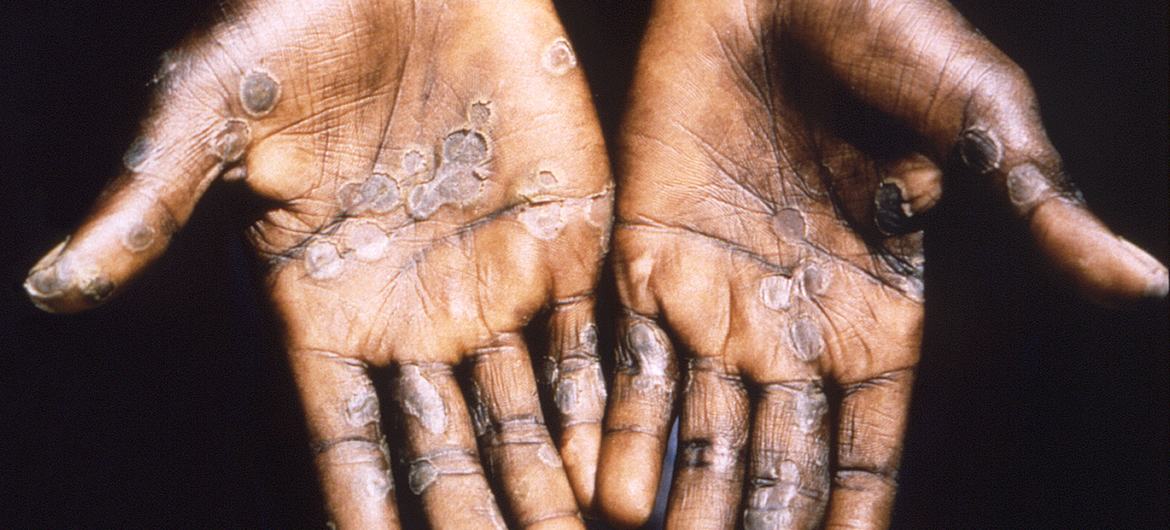
In the Central African Republic, the Minister of Health, Dr. Pierre Somsi, declared an epidemic of monkeypox (monkeypox) in Bangui, the capital of the Central African Republic, on July 28. Monkeypox cases have been detected in some neighborhoods of Bangui, particularly in the 6th arrondissement.
The Ministry of Health indicated that the necessary measures have already been taken to contain this epidemic, which is currently concentrated in this area of the capital.
Faced with this situation, the Ministry of Health responded quickly by implementing several measures:
Enhanced monitoring An epidemiological surveillance system has been put in place to monitor the development of the epidemic and quickly detect new cases.
patient isolation Infected people are isolated in order to limit the spread of the virus.
Public awareness Information campaigns are being carried out to raise public awareness of the risks associated with monkeypox and the preventive measures that should be adopted.
Collaboration with partners The Ministry of Health is working closely with international organizations and local partners to address this health crisis.
To protect yourself from monkeypox, it is recommended to avoid close contact with sick people or infected animals, wash your hands regularly with soap and water, use a condom during sexual intercourse and consult a doctor if symptoms (fever, rash, swollen lymph nodes) occur.
Monkeypox is a disease caused by a virus that belongs to the same family as smallpox, but is generally less severe. It manifests itself with a rash and flu-like symptoms.
The Central African health authorities' declaration of the epidemic aims to accelerate the implementation of public health measures to limit the spread of the virus throughout the capital.
The fight against monkeypox in the Central African Republic is expected to be complex. The health system, already weakened by repeated crises, will have to face a new challenge. In addition, the population’s low awareness of infectious diseases and difficulties in accessing care in certain areas of the country may complicate the situation.






